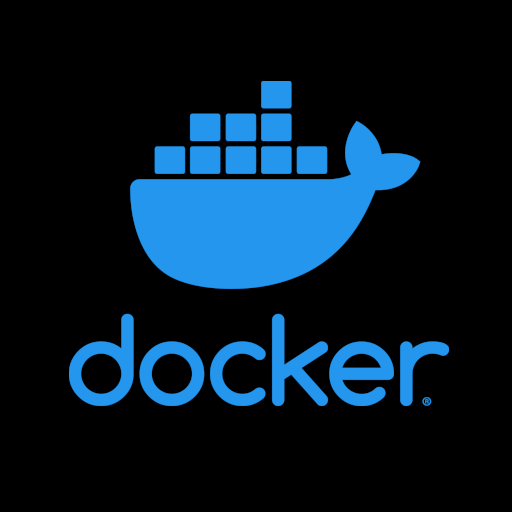

Some Google folks wrote how they do the Now Playing feature offline with very little resource impact. It’s a great paper to read and quite easy to understand https://arxiv.org/abs/1711.10958


Some Google folks wrote how they do the Now Playing feature offline with very little resource impact. It’s a great paper to read and quite easy to understand https://arxiv.org/abs/1711.10958
Don’t forget the millennium falcon


I still would have preferred if the top level domain was at the beginning of the URL (com.google). Would have made a lot of pushing way more difficult and more sense.
Shaped to symbolize an engine. The tubing forks are then the pistons.


I say go with Maria or with postgres for all use cases in the beginning. You can even start with sqlite. For most of the use cases you don’t need the scaling and speed of redis, mongodb etc.
If you hit a performance wall with Maria or postgres, you should scale up and optimize before switching to more specialized databases.
If you use an ORM (object relational mapper like Prisma), it should be okay to switch database engines but you don’t want to do that frequently.
My rule of thumb is getting it done first.


Choke Jürgen or cook Jochen. Doesn’t even make sense in German.
Che_Che_Cole on reddit wrote three years ago this:
https://www.reddit.com/r/explainlikeimfive/comments/slt8j4/comment/hvtdne2/